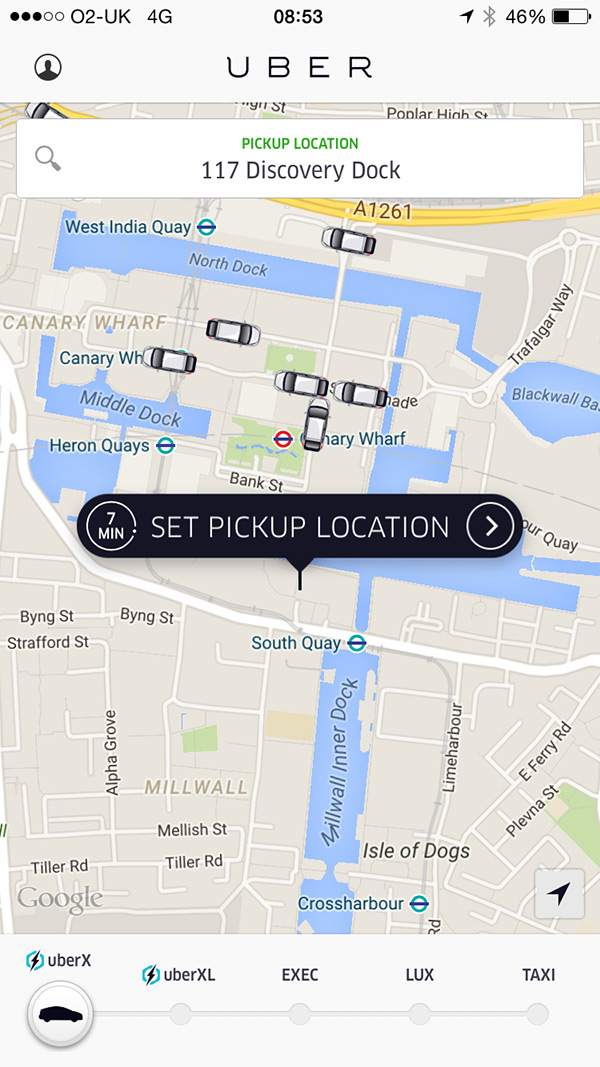Saving An Icon Report by Conservative Richard Tracey
In December 2015 a report was released by Conservative Richard Tracey called ‘Saving an Icon – Rescuing London’s Black Cabs from Extinction’ which set out an 8 point plan to save Black Cabs. The report makes some valid points to think about however it seems many people oppose to some of the steps Tracey has paved.
The report is 13 pages long, not ideal for those on the move or in the mood for a light read so below is a summary of the main points Tracey has made.
The London Assembly constructed a report call Future Proof which highlighted three main issues that are causing concern for those in the Taxi Industry and for the survival of the industry.
Technology
We now live in a technology driven society with more and more people demanding services to be available at the click of a button. App’s have been created to try and keep up with the demand such as Hailo, Gett and the TFL run site Cabwise however not everyone within the industry is a fan and prefer the more traditional practises.
Surveys on passengers and the general public have highlighted the fact that people would rather hail a cab via a dedicated app, be able to pay for their fare by credit/debit card and some also voiced that they would like to see the Oyster Card being a valid method of payment.
‘Absentee’ Regulator
The industry regulator, since 2000, is Transport for London (TFL). TFL’s main roles include protecting the consumer, arranging taxi ranks across London, setting out the provisions for taxi/private hire services and also setting the fares within the industry.
TFL has been under fire by drivers as they feel that the approx. £20m they receive annually in licensing fees are not being used productively to help the industry grow.
High Entry Barriers
The first barrier that many people face within the industry are the costs associated to the trade. To become a certified taxi driver a person will have to fund the following; application fees, examination fees, fees for DBS checks, licensing costs and test charges for the DSA which can all equate to over £1000.
The second barrier it the Knowledge of London test. This test is the equivalent of an undergraduate degree and can take up to three years for a person to pass. The test pass bar is so high that around 27% of people actually pass.
So what steps does Richard propose should be taken?
- The next Mayor of London should conduct a review of the taxi industry and its competition – Mainly focusing on the fare rates.
- Having a more pro-active regulator – Tracey points out that the Public Carriage Office (PCO) should become regulators again however they would still be a subsidiary body of TFL.
- Knowledge entry requirements should be reduced – Tracey feels the requirements should be halved in terms of what the driver should know and also reduce it to a one year process.
- Align taxi license fees with that of private hire vehicle licenses – Cutting the costs may also increase the number of licensed taxi drivers thus being able to accommodate the growing population.
- Loans for the purchase of new Hackney Carriages should be provided – Tracey feels that these should be interest free thus allowing drivers to purchase new up to date vehicle.
- The Ultra Low Emission Zone (ULEZ) for new taxis should be delayed to 2020 – more information on ULEZ can be found here; https://tfl.gov.uk/modes/driving/ultra-low-emission-zone?intcmp=26434
- Large developments should have new taxi ranks as standard
- Gain sponsorship to fund cashless technology in taxis – Surveys state that 40% more people would use a taxi if they could pay via Credit/Debit or even contactless.
The report concludes and provided recommendations to the new Mayor of London however we will have to wait and see how much influence Tracey’s report has in the matter.
The London Assembly has also conducted a report with more recommendations which have been put forward to the relevant parties to take into consideration for the benefit of London Taxi’s surviving another century.













Social